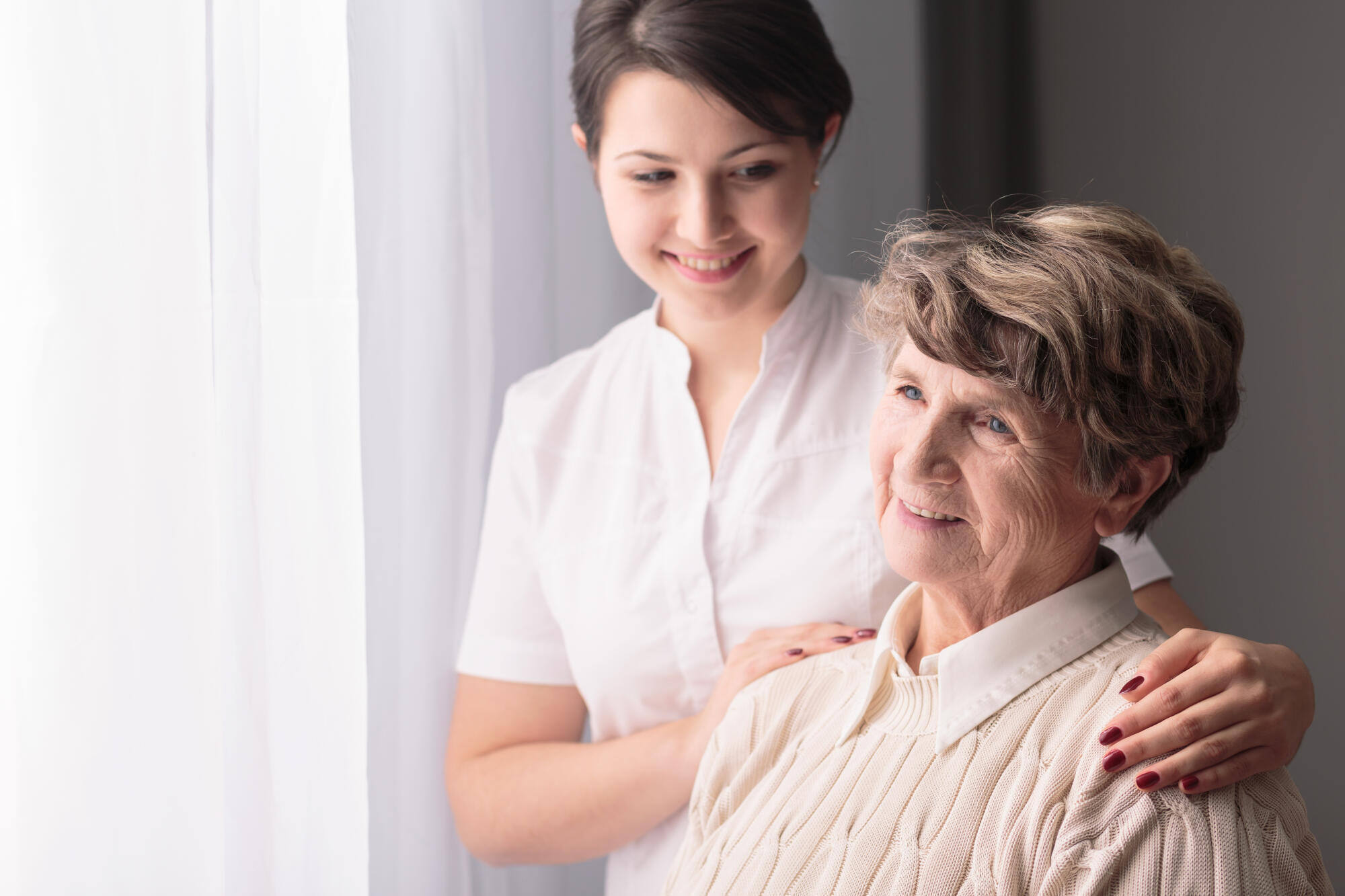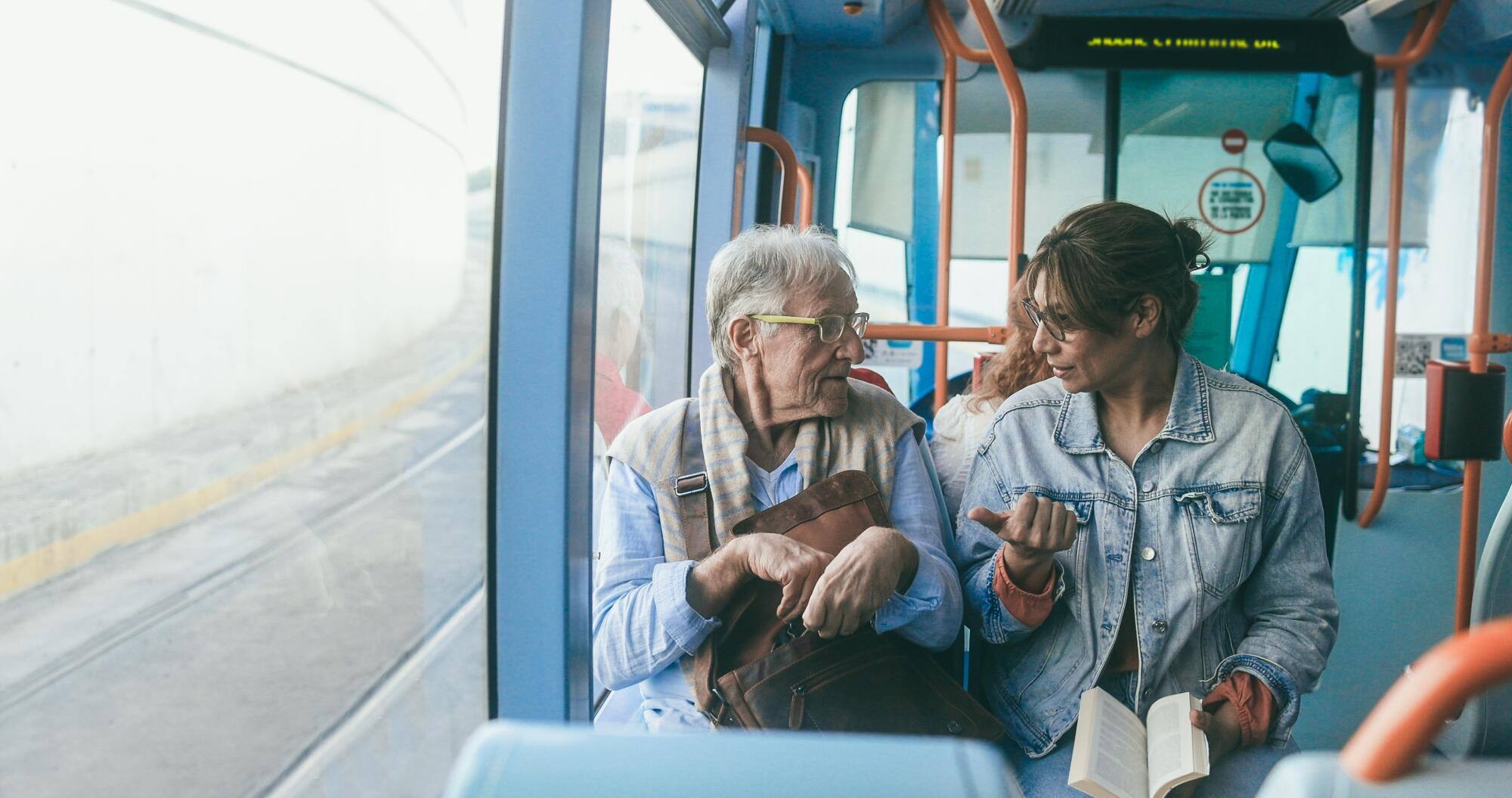Challenges of Anxiety in Aging Populations

Anxiety is a common mental health issue, and it affects roughly 10% to 20% of adults, according to WebMD. However, it presents unique challenges for older adults. Anxiety in seniors can significantly impact their quality of life, leading to difficulties in daily functioning.
Understanding how anxiety manifests and finding effective ways to manage it is essential for promoting mental wellness in aging adults. This article will explore the causes, symptoms, and treatment options for anxiety in mature adults, as well as coping strategies for seniors. Continue reading to learn more.
What Is Anxiety in Seniors?
Anxiety disorders are characterized by excessive worry, fear, and unease. While it is natural to experience occasional anxiety, persistent and intense feelings can interfere with daily life. Anxiety in seniors may present itself differently than in younger adults.
For instance, older adults might experience more physical symptoms, such as headaches, dizziness, and chest pain, which can sometimes be mistaken for other medical conditions.
In aging populations, anxiety often coexists with other health issues like chronic pain, heart disease, or cognitive decline.
The Causes of Anxiety in Older Adults
Several factors can contribute to anxiety in the aging population. Understanding these causes can help caregivers identify and address anxiety more effectively.
1. Health Issues
As people age, they may face a variety of physical health challenges. Chronic illnesses become significant sources of stress. Managing these conditions, along with frequent medical appointments and medication schedules, can lead to feelings of worry and anxiety.
2. Cognitive Decline
Conditions such as dementia and Alzheimer's disease not only affect memory but also can lead to increased anxiety. Fear of forgetfulness, confusion, and losing independence are common among older adults facing cognitive decline.
3. Social Isolation
Many seniors experience loneliness, often due to the loss of friends and family, reduced social engagement, or changes in living arrangements. Social isolation can exacerbate anxiety, making it difficult for seniors to reach out for support.
4. Life Transitions
Life transitions can lead to feelings of uncertainty and stress. For many, these transitions are accompanied by a loss of purpose and identity, which can increase the risk of anxiety.
5. Medication Side Effects
Some medications commonly prescribed to older adults may have side effects that mimic or exacerbate symptoms of anxiety. Healthcare providers need to consider these potential interactions when diagnosing and treating anxiety in seniors.
Symptoms of Anxiety in Seniors
Recognizing anxiety in older adults is challenging because symptoms might be mistaken for signs of aging or other health conditions. Some common symptoms of anxiety in seniors include:
- Excessive worrying
- Restlessness
- Headaches
- Muscle tension
- Sleep disturbances
- Difficulty concentrating
The Impact of Anxiety on Older Adults Mental Health
Managing older adults' mental health is essential for maintaining an overall sense of well-being. Yet, anxiety can significantly impair this balance.
When anxiety becomes chronic, it can lead to other mental health problems. Prolonged anxiety may also contribute to physical health issues, such as high blood pressure, heart disease, and weakened immune function.
In some cases, older adults may not explicitly express their anxiety, but it manifests in other ways, such as irritability and constant worry. This makes it vital for caregivers and healthcare professionals to recognize the subtle signs of anxiety and take appropriate action.
Senior Anxiety Treatment Options
Effective senior anxiety treatment requires a thoughtful approach that considers the mental and physical health of the individual. Senior anxiety treatment options include:
- Cognitive Behavioral Therapy (CBT)
- Medications as prescribed by healthcare providers
- Physical activity and healthy lifestyle habits
- Joining support groups for connection and understanding
Therapy and Counseling
Psychotherapy, particularly cognitive behavioral therapy (CBT), is a common treatment for anxiety. CBT helps seniors identify negative thoughts, replacing them with uplifting ones.
Therapy can be particularly helpful for seniors, as it allows them to talk about their fears and concerns in a supportive environment.
Medication
In some cases, medication may be recommended to help manage anxiety symptoms. Antidepressants could be effective, but they must be carefully monitored, especially in mature adults who may be taking multiple prescriptions.
Lifestyle Changes
Implementing lifestyle changes can make a significant difference in managing anxiety. Regular exercise and adequate sleep are important components of maintaining mental wellness in aging. Activities that promote relaxation can also help reduce anxiety levels.
Support Groups
Participating in support groups can help older adults connect with others who are experiencing similar challenges. Sharing their experiences and learning from others is a comforting and empowering way to cope with anxiety. It can also reduce the feelings of isolation that often accompany mental health struggles.
Coping Strategies for Seniors With Anxiety
While professional treatment is essential, there are also coping strategies for seniors that can help manage anxiety on a day-to-day basis. These strategies empower seniors to take control of their mental health and find peace.
1. Establish a Routine
Creating a consistent daily routine can help reduce feelings of anxiety. A regular schedule provides structure and predictability, which can be comforting for older adults.
2. Do Physical Activities
Exercise releases endorphins, which are natural mood enhancers. Regular physical activities, even something as simple as walking, can reduce anxiety and improve overall mental well-being.
3. Practice Mindfulness and Relaxation
Mindfulness practices can help seniors focus on the present moment. As a result, it reduces the impact of anxious thoughts.
Support for Elderly Anxiety Sufferers
For seniors experiencing anxiety, the support of loved ones is invaluable. Understanding and empathy from loved ones can go a long way in helping older adults feel less alone in their struggles.
Caregivers can also assist by encouraging regular check-ins with healthcare providers, reminding seniors to take prescribed medications, and providing a supportive environment.
Choose LakeHouse Coldwater for Your New Home
As you can see, anxiety in seniors is a big issue. However, finding the right environment can make a significant difference in managing anxiety and improving overall well-being.
At LakeHouse Coldwater, we understand that sometimes it's the little things in life that bring the greatest comfort. That's why we offer an extensive range of activities and wellness programs to ensure your comfort and enjoyment.
To learn more about our community in Coldwater, MI, contact us through our website.
Topics Covered
Related Posts
Michigan is home to a large older adult population; per the most recent data from the World Population Review, of the 7.9 million adults in the state, over 1.78 million are seniors.
Read more
As seniors age in Coldwater, Michigan, maintaining independence becomes increasingly important. One key factor in achieving this is access to reliable transportation.
Read more
Imagine waking up in a bright, sunlit room where the scent of freshly brewed herbal tea and a wholesome breakfast fills the air.
Read more
